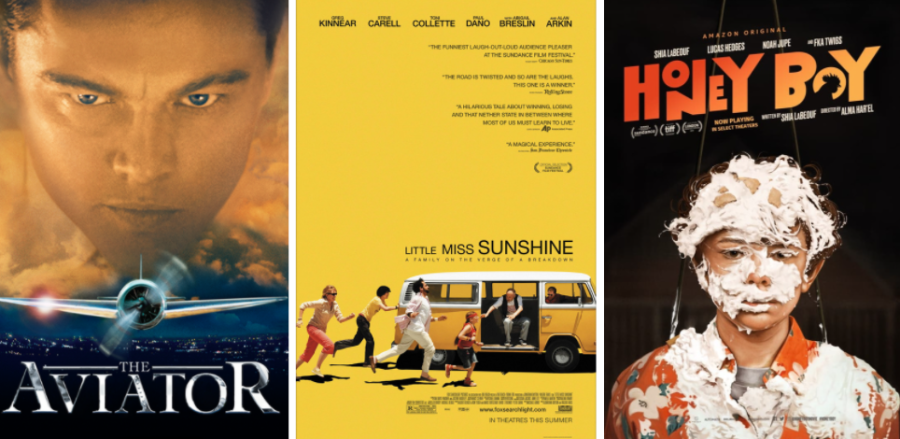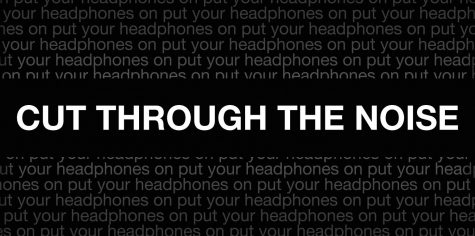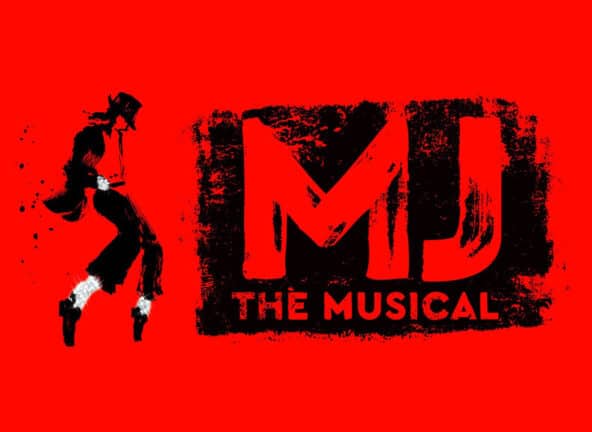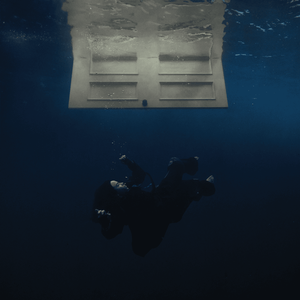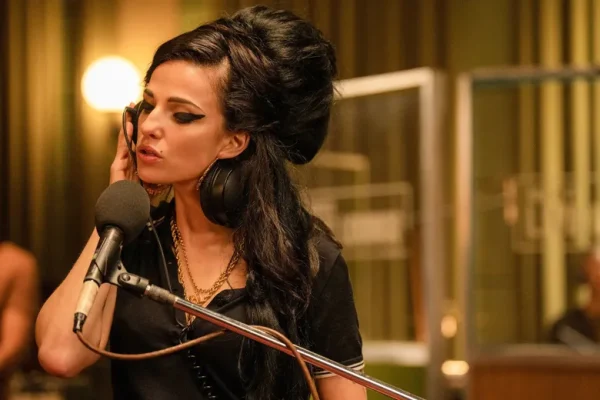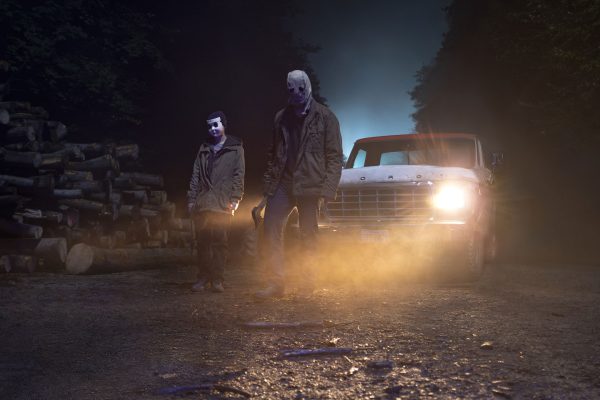Movies to watch during Mental Health Month
Five best depictions of mental illness in film
May 19, 2022
The film industry isn’t exactly known for remaining true to real-life experiences, and its portrayal of mental health is no exception. In honor of May being Mental Health Awareness Month, below are five films that display a complex and realistic vision of mental illness. Several of these movies are disheartening at times…but that is the way it should be. The reality of mental illness is not pretty, and these stories do not shy away from the ugly truth.
Little Miss Sunshine (2006):
This Academy Award winner follows the chaotic journey of the Hoovers — a wildly dysfunctional family who embark on a road trip. The final destination is the Little Miss Sunshine beauty pageant, in which 7-year-old Olive (Abigail Breslin) is overjoyed to compete. Each character has a unique set of challenges to face: Frank (Steve Carell) is reeling from a recent suicide attempt, Olive struggles to fit in with strict beauty standards, Dwayne (Paul Dano) isolates himself and Richard (Greg Kinnear) is held hostage by his fear of failure.
Mental health issues are rampant in “Little Miss Sunshine.” This film delves into depression, social anxiety, isolation, eating disorders and personality disorders. Filled with lighthearted bonding and dark humor, “Little Miss Sunshine” is the perfect film. Not only does its portrayal of mental illness ring true, but it is also highly emotional and effective in gaining empathy from viewers. It is effortlessly easy to sympathize with this eclectic cast of characters. This movie will leave you feeling just about every emotion there is, but I promise you’ll walk away wowed.
Lars and the Real Girl (2007):
Set in a small Wisconsin town, 27-year-old Lars (Ryan Gosling) lives a secluded life defined by his failure to socialize. He finds it impossible to form friendships and prefers being alone, exhibiting symptoms of schizoid personality disorder. So when Lars announces he is in a serious relationship with his dream girl, Bianca, his family is baffled. As it turns out, Lars’s girlfriend isn’t a girl at all — she is a sex doll he ordered online. Despite this, Lars sees her as a real person and treats her like a queen.
Lars is very clearly mentally ill, but he is so much more than that: he is heavily heartfelt and compassionate. Deep down, all he has ever wanted was love, and we find him seeking it in the strangest of places. Lars’ infatuation with Bianca might seem bizarre, but if you can ignore the fact that she is an inanimate object — it makes perfect sense. Bianca represents Lars’ intense desire to be loved, and can we really blame him?
The Perks of Being a Wallflower (2012):
After spending the summer in a psychiatric hospital, 15-year-old Charlie (Logan Lerman) jumps head-first into his freshman year of high school. In the beginning, his reserved personality isolates him. Luckily, though, Charlie befriends a group of seniors who take him under their wing. As the film progresses, Charlie’s deep-found struggles with mental health are unveiled. Viewers follow his journey as he navigates teenage life while grappling with anxiety, PTSD and depression. Whether it be social pressures or healing from traumatic events, this film speaks to multitudes of pained teenagers. “The Perks of Being a Wallflower” perfectly embodies the ever-present anxiety during teenage years, as well as conditions like PTSD and depression.
The Aviator (2004):
When mental illness hijacks the life of aviator Howard Hughes (Leonardo DiCaprio), his world gradually slips out of control. This biopic covers 20 years of the famed billionaire’s life. Viewers follow the fascinating evolution of his career and personal life, specifically his battles with Obsessive-Compulsive Disorder (OCD). This man might appear to be extraordinarily successful from the outside looking in, but he battles demons underneath this facade. OCD eats away at his sense of self — his work, his relationships and his dignity. The progression of his mental state is horrifying, and couldn’t be more realistic. I’ve seen several films that depict OCD, but nothing compares to the complexity and emotional-depth of this one.
Honey Boy (2019):
Healing from a traumatic childhood is a life-long struggle. This semi-autobiographical film from Shia Labeouf details his life as a child actor and the abuse he endured from his father. Otis (Noah Jupe) who plays young Labeouf in the film, wants nothing more than for his father (Shia Labeouf) to love him. Unfortunately for Otis, his dad rejects this parental responsibility in every possible way. For one, he uses the money from his son’s acting gigs as income. He also displays narcissistic tendencies which cause him to act out of pure self-interest.
I wish these situations of child abuse could be explained with more of an optimistic answer: what if Otis’s father truly loved him but failed to show it? Parents, especially in movies, are painted as loving people who will do anything for their children. The heartbreaking truth of this story is that Otis’s father never has been and never will be capable of loving anyone but himself.
Years after parting ways with his father, Otis is still haunted by the life they shared together. He displays classic symptoms of PTSD and the effects it takes hold of his adult life.
Jupe and Labeouf are brilliant together as father and son. Labeouf took on the challenge of playing his own father in the film, and he absolutely crushed it.



